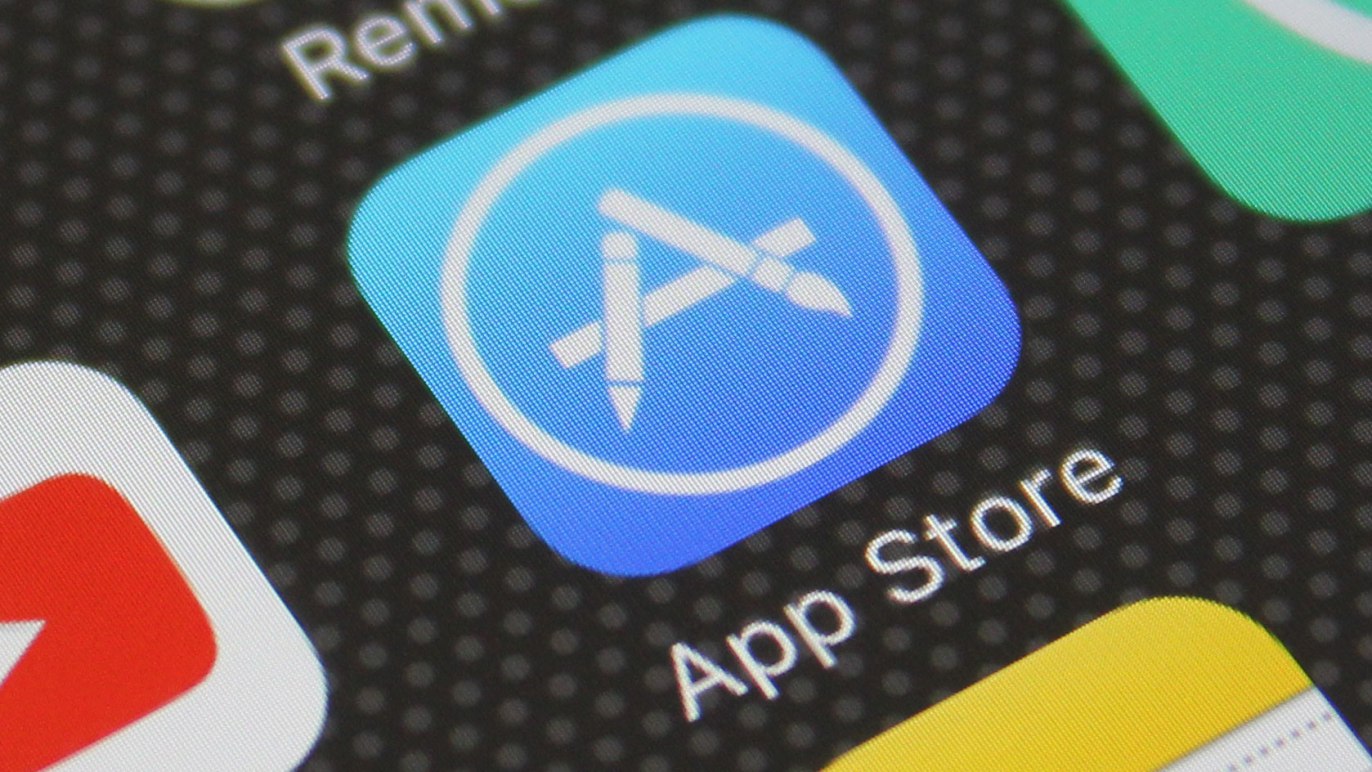
How Rogue Developers are Gaming the App Store: David Barnard
A popular developer has published a critique calling Apple to take a tougher stance on developers that use rogue tactics to “game” the App Store.

Developer David Barnard, who has seen his apps gross millions of dollars and be featured by Apple multiple times, describes a number of methods by which developers are able to give their apps unfiar advantages in either visibility or making money from in-app purchases.
“So, let’s talk about how developers are gaming the App Store and why it matters to the future of the platform,” writes Barnard. “Any one of these tactics might seem somewhat bland individually, but when tens of thousands of apps deploy multiple tactics across many categories of apps, the impact can be measured in hundreds of millions of users and likely billions of dollars.”
One of the methods Barnard describes involves using certain keywords to promote a certain app’s visibility:
Find a keyword that drives a decent amount of organic search traffic. Obvious ones are keywords like “weather”, “calculator”, “solitaire”, etc, but those keywords are so competitive, and the rest of the tactics so powerful, you could get away with 2nd tier keyword targets. Now go to App Store Connect and name your app that exact keyword. “Weather” is already taken, and Apple doesn’t allow duplicate app names, so you’ll need to add a symbol. Let’s go with “Weather ?”.
Here’s the thing, the App Store search algorithm gives a massive boost for an exact match to what the user searched, and the algorithm ignores symbols, so “Weather ?” will get a huge search advantage, which will help to drive organic instals of the app. There are lots of other hacks to manipulate the App Store search algorithm. I haven’t kept up on all the “black hat” tactics, so I’m not sure what works and what doesn’t anymore, but here’s a fun one: the App Store search algorithm indexes multiple languages per App Store localization, so you can double your keywords in the US App Store, by stuffing keywords into the Spanish (Mexico) localization of your App Store page.
Another, more devious method that Barbard describes is developers tricking users into paying for an in-app subscription:
Trigger the subscription randomly while the app is running. This one is included in the above list, but is so cunning it’s worth a specific mention. Because the iPhone home button serves as a sort of universal back button, a panicking iPhone user is likely to hit the home button when trying to get out of something. Unfortunately, on iPhones with Touch ID, the home button is also how you confirm a purchase. So if the payment view is randomly triggered, many users will accidentally confirm the purchase while trying to exit.
A third method involves paying for a “Keyword Boost” campaign:
Pay for a “Keyword Boost” campaign. Users are paid to search a specific keyword and download your app, which teaches the App Store search algorithm that your app is a great match for that specific keyword. A few thousand dollars will rocket your app to the top of important keywords which will be further reinforced as you get organic downloads from that keyword.
Barnard acknowledges that he isn’t Apple-bashing here, and gives the Cupertino company props for starting to crackdown on such developer behavior. He does state that beyond the ten methods he describes, there are hundreds more that give developers unfair advantages:
I want to see this amazing platform Apple created be the best it can possibly be. The App Store is an incredible marketplace that has generated tens of billions in revenue while empowering billions of people around the world to do amazing things with these magical little computers we carry around in our pockets. But I do think the overall success of the App Store has blinded Apple to the need for various course corrections over the years.
“It’s well past time for Apple to employ more carrots to create great experiences on the App Store, and to use a bigger stick on those maniuplating the App Store and creating terrible user experiences for Apple’s customers,” Barnard concludes.

